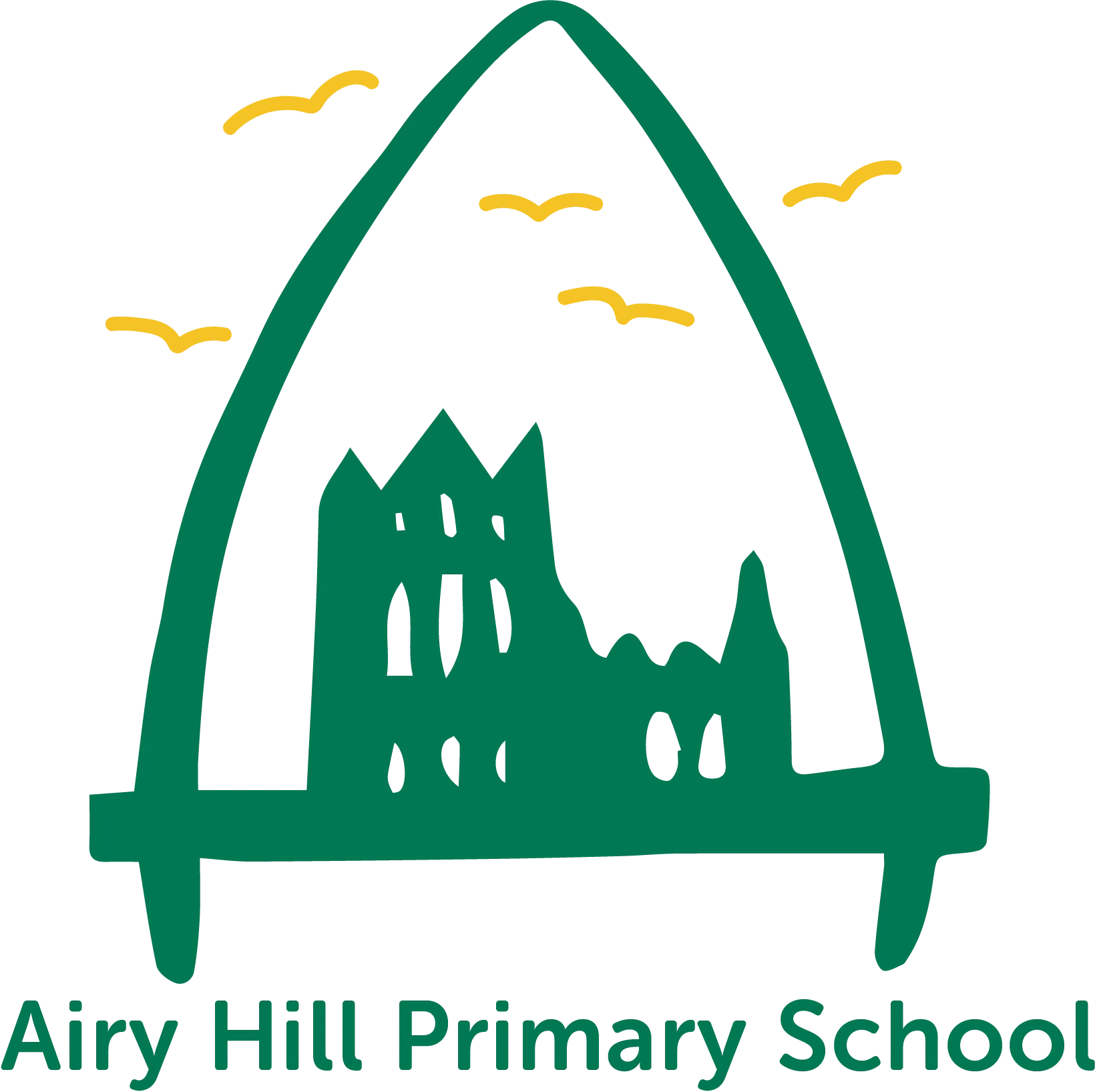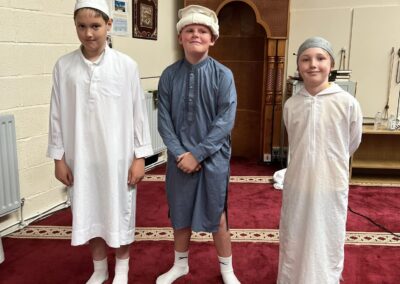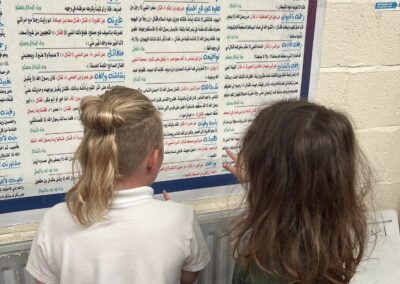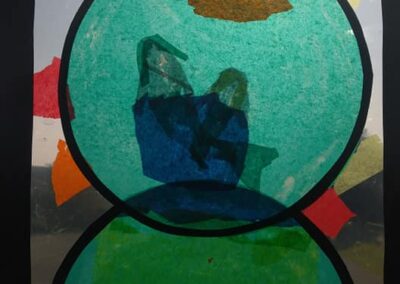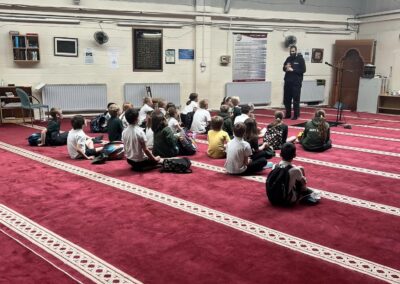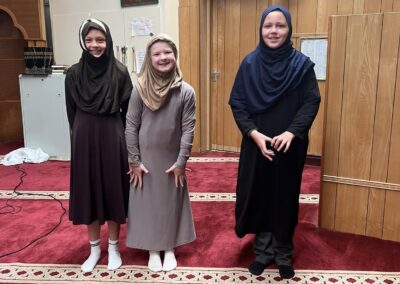Intent
Through the use of the NYCC Agreed RE Syllabus, our children will be provided with a Religious Education curriculum offer designed to teach pupils to:
- Know about and understand a range of religions and worldviews, so that they can:
- Describe, explain and analyse beliefs and practices, recognising the diversity which exists within and between communities and amongst individuals
- Identify, investigate and respond to questions posed, and responses, offered by some of the sources of wisdom found in religions and worldviews
- Appreciate and appraise the nature, significance and impact of different ways of life and ways of expressing meaning.
- Express ideas and insights and nature, significance and impact of religions and worldviews, so that they can:
- Explain reasonably their ideas about how beliefs, practices and forms of expression influence individuals and communities.
- Express with increasing discernment their personal reflections and critical responses to questions and teachings about identity, diversity, meaning and valuing, including ethical issues.
- Appreciate and appraise varied dimensions of religion.
- Gain and deploy the skills needed to engage seriously with religions and worldviews, so that they can:
- Find out about and investigate key concepts and questions of belonging, meaning, purpose and truth, responding creatively
- Enquire into what enables different individuals and communities to live together respectfully for the wellbeing of all
- Articulate beliefs, values and commitments clearly in order to explain why they may be important in their own and other people’s lives.
or our R.E approach is that children:
Implementation
We implement this through:
- Religious Education will be taught as a discrete subject and will allow children to comment, question or explore the viewpoints and ideas of others.
- Religious Education will be taught using practical, hands on tasks, as well as discussions, resources, debates and visits, or visitors.
- Religious Education outcomes will be recorded through photographs, discussions, written evidence etc. across individual pieces of work
Impact
- Across the school the children enjoy learning lots about other religions and why people choose, or choose not to follow a religion. Through their R.E. learning, the children can make links between their own lives and those of others in their community and in the wider world.
- Religious Education provides for cross-curricular learning. Children explore links with PSHE, Geography and Science.
- Through R.E. our children are developing an understanding of other people’s cultures and ways of life, which they are then able to communicate to the wider community.
- helps our children how to understand how other people choose to live and to understand why they choose to live in that way.
As such, R.E. is invaluable in an ever changing and shrinking world.
